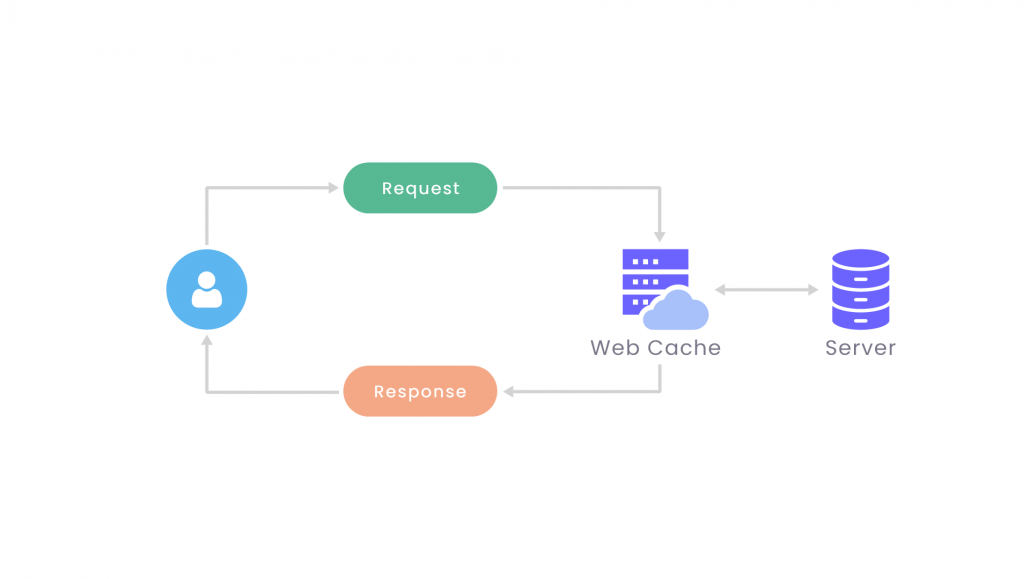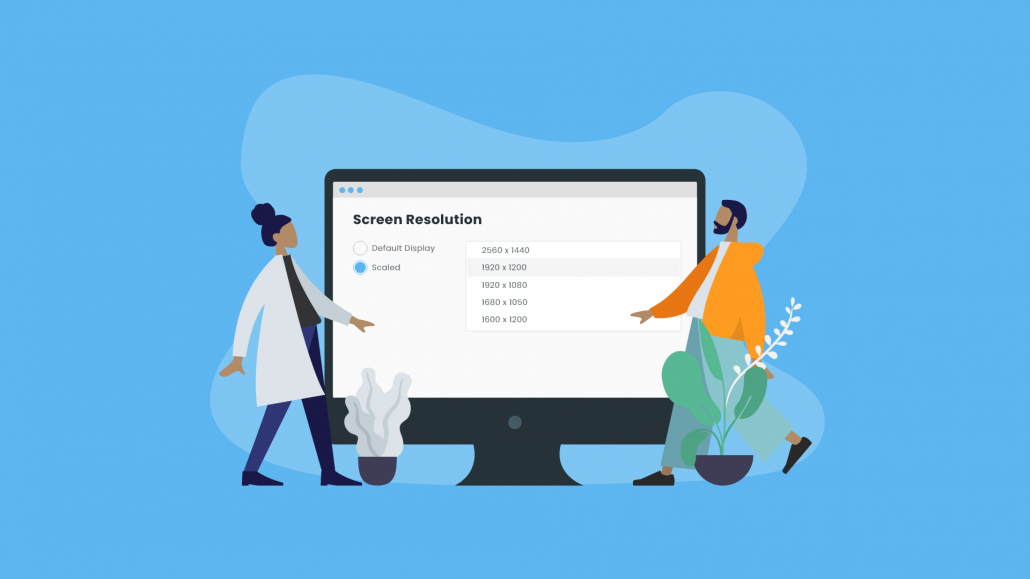
Sometimes it seems as though you need a PhD in website terminology to complete the most basic of online tasks, and as technology changes so does the web jargon we need to understand. Additionally, website terms usually refer to items contained in a virtual space as opposed to a physical structure which can be visualized and touched. Grasping the meaning of web terms and definitions can be difficult at times.
This is why we’ve created our Website Terminology 101 Series. Over the coming weeks we’ll go over all of the web acronyms and web lingo you’ll need in order to talk websites. We’ll cover design, development, and digital marketing terms in later posts. Today, we’re simply touching on the basics.
Here are the answers to common questions about basic website terminology.
Website Jargon Explained
What are the Types of Web Browsers?
Web browser terminology can be more intimidating than is necessary. A browser is simply the software designed to view websites. Today the most common browsers are Chrome, Firefox, Safari, and Internet Explorer.
What is an Algorithm?
In computer speak, an algorithm is a set of instructions that tells a machine what to do with certain inputs. Think of it like a recipe. Your inputs are flour, sugar, milk, and eggs. Whether you wind up with pancakes, cookies, or pasta depends on the recipe, as that’s where the measurements and instructions are contained.
An algorithm tells Facebook what type of content to put in your feed. It generates a notification when it’s time to update your computer software. It zeroes out shipping costs when you reach the minimum order amount to do so. Almost every change you see within your web browser is due to an algorithm.
What is a Server, in Computer Terms?
A server is essentially a giant computer that contains all of the information needed for your website to function. This includes graphics and text as well as the structure of your site and the algorithms that tell it what to do and when to do it.
In a very basic way you might compare a server to a bookcase holding a set of encyclopedias, where each website and all of the information needed to make it work is contained within one volume on one of the shelves. A different volume (i.e. website) can be stored on the same shelf but contain completely unrelated set information.
What is Web Hosting?
Web hosting terminology isn’t as complicated as it might seem. In our encyclopedia analogy, the host would be the owner of the bookcase, and you would pay them to keep your book on their shelf so others know where to find it. Translating to tech terms – you’re paying the owner of the server to host your website.
What is Internet Bandwidth?

Bandwidth refers to the rate at which data can be transferred and is measured in bits or kilobits per second. Bandwidth can be compared to the capacity of a highway. The wider the road and the higher the speed limit, the faster vehicles can travel from Point A to Point B. Similarly, increasing bandwidth increases the speed at which data can travel online.
What is Page Load Speed?

You page load speed is the time it takes (in seconds) to download and display an entire webpage in a browser. This term is also known as load time, and is a performance metric impacted by several factors including the speed of the server, bandwidth, design of the page, and complexity of the elements on the page.
What is a Website Cache?

Actually, the question should be “what is a cache?” (As opposed to a website cache.) A cache refers to the temporary storage space in a web browser. When you visit a website, your browser stores files needed to run that site in the cache. With the files already handy, there is less data to retrieve from the server the next time you visit the same page.
What are Cookies?
On your computer, a cookie is a small text file that contains information about the websites you visit. This could be anything from login details, to the items in your online shopping cart, or simply the type of sites you tend to visit. Cookies help streamline the online experience.
For example, cookies play a role in saving passwords so you stay logged into your accounts when you exit a browser. However, the use of cookies has privacy implications, which is why websites now have to ask permission to store them in users’ web browsers.
How Does a Computer Database Work?
A database is simply a storage and organization hub for data. The meaning of “database” in computer terms relates to the storage of all information needed for a website to function properly. It’s the long list of data that a computer will scan through when asked to provide a specific detail – such as how much those hot new shoes cost or how many calories are in the key lime pie at your favorite restaurant.
What Does Pixel Mean?
Short for picture element, a pixel is the smallest unit in a graphic display or digital image. This isn’t website terminology, per se, but does play a role in the rendering of photos and videos on a website. Usually pixels are so small we can’t see them unless we look very closely. Images are referred to as pixilated when pixels are so large they’re easy to distinguish on screen.
What is Display Resolution?

Display, or screen, resolution refers to the number of pixels in the vertical and horizontal element of a screen. The higher the resolution, the more pixels in a given area, the clearer the picture.
What does E-Commerce Mean?

E-commerce is short for electronic commerce. The industry definition of e-commerce relates to the buying and selling of goods and services online. Any website which exists for the purpose of selling goods or services is an e-commerce site.
What is a Domain Name Used For?
Think about it like this. You purchase a house, and now you own this empty structure. You can tell your friends the street address of your new house right now, but you aren’t having them over to visit until you actually move in. Purchasing a domain name is like purchasing the house. It gives you a place to call your own. Turning that place into something people want to visit is totally different.
A domain name is simply the address that tells people where to find your website. The website is everything contained within the address.
What does URL Stand For?
URL stands for uniform resource locator. The meaning of URL in internet terms is simply directional. It is a combination of your domain name and the Hypertext Transfer Protocol (HTTP). A URL tells the web browser to search for a domain name as opposed to any other web address. For instance, our domain is hungrymedia.co, and our URL is https://www.hungrymedia.co.
While they don’t technically mean the same thing, someone asking “what’s your website,” actually means “what’s the URL for your website?”
Hungry Media Speaks the Language of Websites
If you find that deciphering web page terms and definitions is a full time job that you simply don’t want to take on, Hungry Media has your back. Let us deal with the website structure, terms, planning, and execution while you focus on what you do best – running your business.
With years of experience in the web design and development world, we understand website terminology and know what it takes to make websites successful. Whether you’re looking to build something from scratch or simply want to optimize what you already have in place, we can take your website to the next level. Contact us today to learn about our unique approach and how we can help your business grow. We can’t wait to meet you!
contributed by Melissa Lucas, senior staff writer



